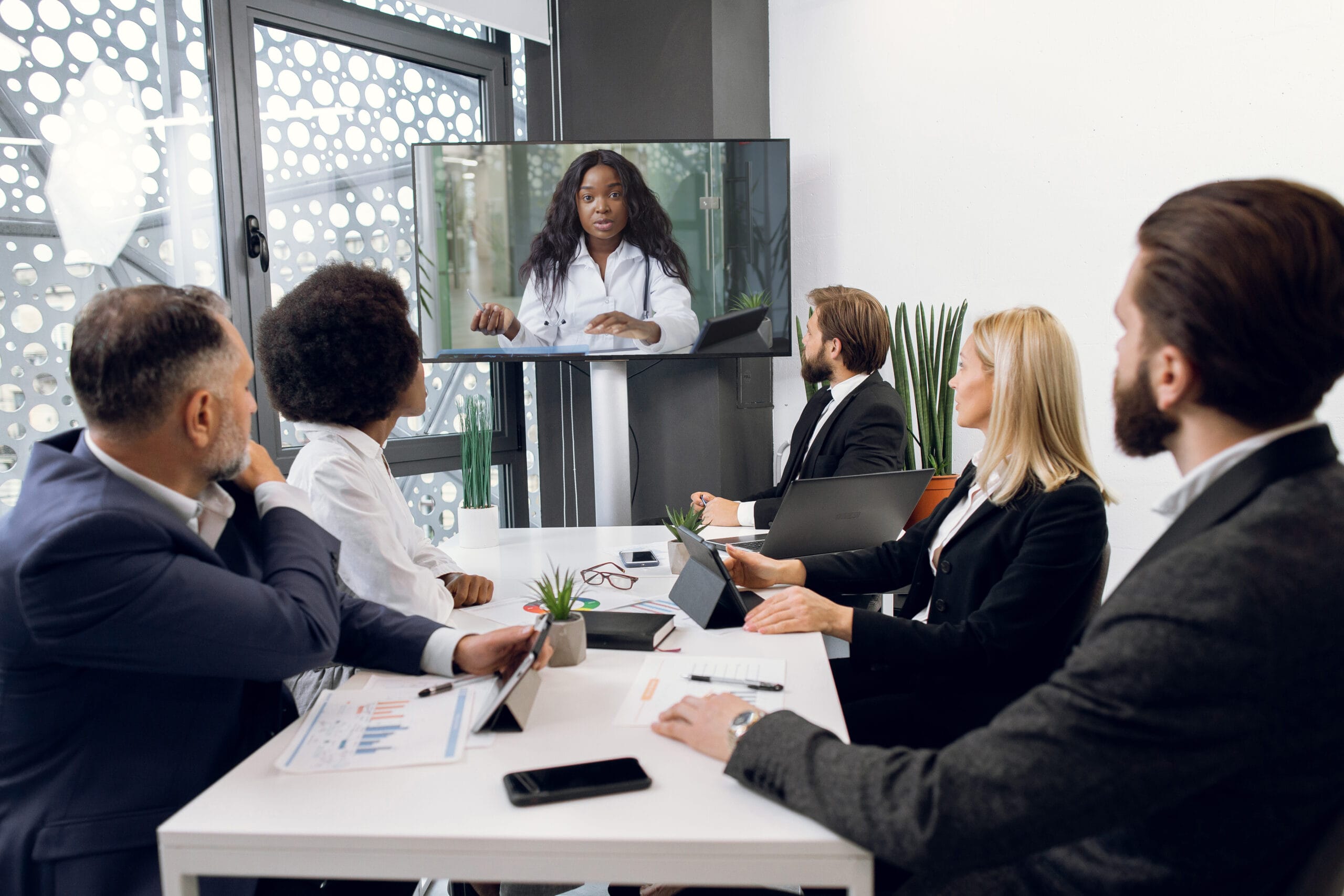Why Trial Presentations Are Key for Effective Cross-Examination in Court
Why Trial Presentations Are Key for Effective Cross-Examination in Court
Blog Article
Enhancing Your Lawful Method With Expert Test Presentations
In today's lawful landscape, the relevance of professional trial discussions can not be overemphasized. By transforming dense lawful principles into interesting narratives, professionals can improve juror understanding and retention.
Relevance of Trial Presentations
Trial presentations work as a crucial component in the legal process, efficiently connecting the space in between intricate lawful debates and juror comprehension. The ability to boil down complex legal principles right into obtainable narratives is vital for jurors, who have to make educated choices based upon the proof offered. A well-crafted presentation not only clears up the case but also enhances the persuasiveness of the disagreement, eventually affecting the court's understanding.
In an age where attention periods are restricted, the importance of engaging visuals and clear communication can not be overstated. Test presentations offer to capture jurors' passion and maintain their emphasis, permitting a much deeper understanding of the realities and legal problems handy. They supply a structured structure that organizes the instance, facilitating rational flow and comprehensibility.

Trick Elements of Effective Presentations
An efficient discussion in a courtroom setting joints on a number of crucial parts that collectively enhance its effect. Attorneys need to distill complicated lawful arguments right into concise, easily digestible points to ensure jurors understand the core issues.
Aesthetic aids play an important role too, as they can dramatically enhance crucial messages. Reliable use exhibits, graphes, and layouts can make clear detailed information and emphasize vital truths. Additionally, the presenter's delivery design is vital; positive, engaging interaction promotes integrity and maintains jurors' focus.
Finally, recognizing the target market is paramount. Customizing the discussion to the jurors' backgrounds and worths can promote a connection that boosts understanding to the disagreement. In summary, clarity, narrative structure, visual aids, distribution design, and audience recognition are indispensable to crafting an efficient courtroom presentation that reverberates with jurors and supports the overarching lawful strategy.
Modern Technology in Test Presentations
Modern courts progressively incorporate technology to boost test discussions, improving the foundational components of efficient interaction developed via clear messaging and interesting narratives. The consolidation of audio-visual help, such as high-def projectors and interactive displays, enables lawful teams to existing evidence in a much more compelling manner. This innovation not only captures the jury's attention but additionally facilitates a far better understanding of intricate details.

Digital tools, including presentation software program and digital exhibition administration systems, enhance the organization and retrieval of proof (trial presentations). Attorneys can rapidly reference files, photos, and videos, guaranteeing that crucial information is conveniently available during the test. In addition, the use of computer animations and simulations can vividly illustrate essential principles, making them much easier for jurors to grasp
Furthermore, court room innovation promotes collaboration among attorneys, making it possible for real-time changes to discussions based on court responses official site or unexpected advancements. The capacity to adapt on the fly is essential in keeping engagement and strengthening arguments. As modern technology proceeds to advance, its duty in trial discussions will certainly expand, providing cutting-edge means to communicate efficiently and persuasively in the quest of justice.
Storytelling Strategies for Influence
Reliable storytelling techniques are essential in delivering impactful test presentations, as they change intricate legal disagreements right into relatable narratives. A well-crafted tale astounds the target market, making it simpler for jurors to recognize and keep in mind bottom lines.
To produce an engaging narrative, lawyers ought to concentrate on establishing a clear framework with great post to read a start, middle, and end. The beginning must introduce the case context and its importance, while the middle elaborates on the core issues, weaving forthcoming and witness testimonies that support the debate. Conclusively, the finishing need to strengthen the intended message, driving home the desired result.
In addition, integrating psychological aspects can dramatically enhance the story's impact. By humanizing the case, lawyers can stimulate empathy, permitting jurors to connect directly with the facts offered. Making use of dazzling images and narratives can likewise assist in showing complex motifs, making them a lot more substantial and unforgettable.

Tips for Execution in Court
Applying storytelling strategies in court needs cautious planning and execution to guarantee that the narrative resonates with jurors. Begin by recognizing the core message of your instance and aligning it with the psychological and factual elements that will certainly involve the court. Produce a clear and compelling narrative arc that consists of an intro, a development of problem, and a resolution.
Utilize aesthetic help to boost storytelling; exhibits, timelines, and multimedia presentations can help illustrate complicated concepts and keep juror passion. Practice your shipment, guaranteeing that body language, tone, and pacing follow the emotional weight of your tale.

Conclusion
In conclusion, specialist test presentations play more a crucial role in improving legal approaches by efficiently connecting complicated debates to jurors. The assimilation of visual aids, clear narratives, and emotional storytelling fosters juror involvement and comprehension.
Report this page